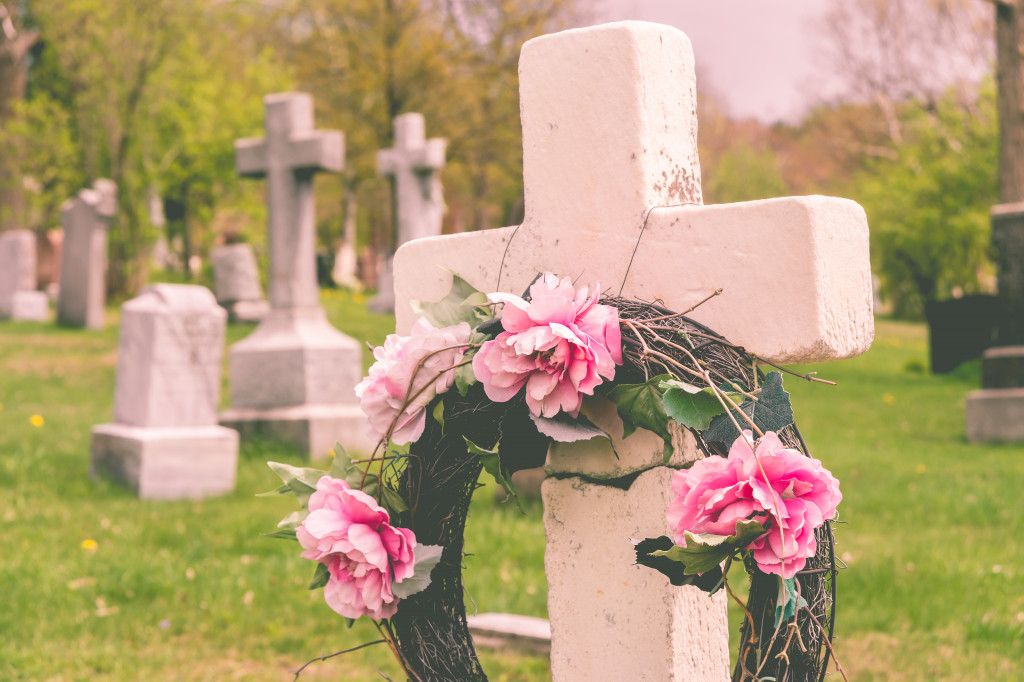Death is something that adults are very familiar with. When either one of your parents passes away, you know it will hurt, but you understand it. However, this knowledge is learned, and your children likely have not learned that lesson yet. While you are looking at headstones, you should also seriously think about what to tell your children. Here is some useful advice to help ensure that they know what has happened and how it changes their lives.
Explain What Happened
The first thing to do is to explain what happened to your parent. Whether it was a disease, an accident, or simply old age, you have to tell your child about it. Many adults underestimate children’s ability to understand things, and you should not make this mistake. There is no need to give the exact details. Tell them that their grandparent is gone and some helpful information. What is essential is that they hear the news from you.
Answer Questions Directly and Honestly
Curiosity is one of the overwhelming feelings that children experience. You need to satisfy that curiosity if you want them to fully understand what is going on. The key to this is answering the questions they ask as well as you can. For example, if they ask you about what happens after death, you should be serious and don’t sugarcoat things. Sometimes, death may mean changes in their life. You may need to move or do something similar. Be upfront about this and explain the reasons for it.
Let Them Feel Emotions
You must let your child feel their emotions. In the past, parents had their children bottle things up inside. Time has proven that approach as not the smart move. It is better to let them fully grieve. They will cry and will probably feel depressed for some time. Parents should do their best to support them and give them comfort. Take them out for a nice little treat or cuddle up with them in bed. Your job is to reassure them that everything will be fine and that things will be better. Make some pleasant memories so that they can move on.
Talk About the Funeral

Since it will dominate most of your time in the near future, you’ll have to talk about the funeral. You will be responsible for organizing it, and children will see you doing so. There is also the decision about whether to bring them along for the main funeral activities. This is a choice dependent on the child. Some children can be very mature and can behave themselves.
However, younger children will likely be uncomfortable with the solemn atmosphere. You might have to leave them at home. If they are coming, you might decide to give them a minor role so that they can feel better about their attendance. They can recite a short poem, or they can sing if they have the talent.
Whether they will be attending or not, they will still need to understand what is going on. Explaining funeral rituals can help them understand death. For example, tell them about what will happen at the service at the burial. This will illustrate how people memorialize the dead and how important it is for a lot of people.
Give Them a Chance to Remember
With all the essential things done, you should also give your children a chance to remember their grandparents in their way. Take the time to talk about it with your children. Bring out the photo albums and share some interesting stories. A good example would be telling your children about your childhood. Besides being good for your children, it is great for you, too.
In addition to the memories, you can try going out to their favorite places or watch their favorite films. It will be an interesting experience and can help cement more memories for your children. Besides doing these activities, you might also want to give them a gift or a memento from their grandparent. This can be exceptionally comforting for them.
The death of any loved one can be devastating to family members. Experiencing it for the first time can make one feel terrible. There is also the fact that a bond between a grandparent and a grandchild can be exceptional. The advice above should help ease the experience a bit for them. Take the time to do it slowly and be as gentle as possible. Doing it the right way eliminates the trauma and leaves only happy memories to remember.

